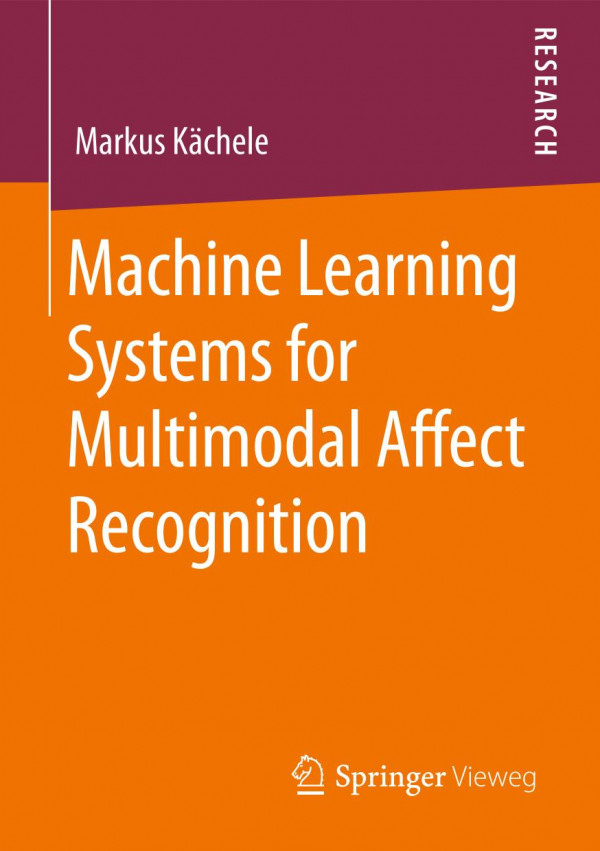

Most ebook files are in PDF format, so you can easily read them using various software such as Foxit Reader or directly on the Google Chrome browser.
Some ebook files are released by publishers in other formats such as .awz, .mobi, .epub, .fb2, etc. You may need to install specific software to read these formats on mobile/PC, such as Calibre.
Please read the tutorial at this link: https://ebookbell.com/faq
We offer FREE conversion to the popular formats you request; however, this may take some time. Therefore, right after payment, please email us, and we will try to provide the service as quickly as possible.
For some exceptional file formats or broken links (if any), please refrain from opening any disputes. Instead, email us first, and we will try to assist within a maximum of 6 hours.
EbookBell Team

4.7
76 reviewsMarkus Kächele offers a detailed view on the different steps in the affective computing pipeline, ranging from corpus design and recording over annotation and feature extraction to post-processing, classification of individual modalities and fusion in the context of ensemble classifiers. He focuses on multimodal recognition of discrete and continuous emotional and medical states. As such, specifically the peculiarities that arise during annotation and processing of continuous signals are highlighted. Furthermore, methods are presented that allow personalization of datasets and adaptation of classifiers to new situations and persons.